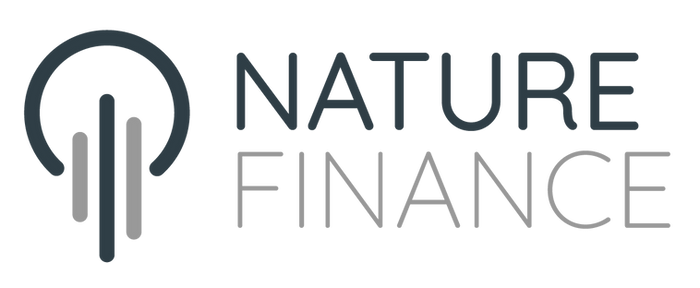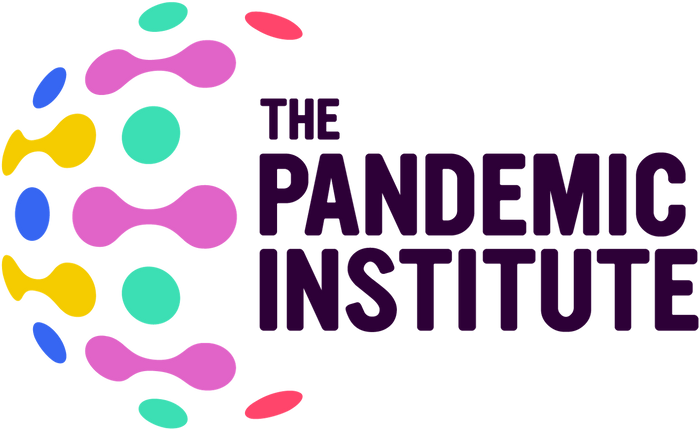Ecosystems, Finance & Health
We are seeking dynamic, forward-thinking individuals passionate about driving transformative change at the intersection of health, climate, biodiversity, and food systems. Innovation Fellows will play a key role in leading research and developing AI tools that align science, project design and financing to drive forward solutions to the public health impacts of the climate and biodiversity crises.
ABOUT
The challenges
Global environmental change represents an unprecedented threat to human health and wellbeing. At least 80% of human pathogens and a substantial proportion of non-communicable diseases are ultimately driven by a common set of factors – climate change, agricultural land-use change, and biodiversity loss - that interact dynamically and across landscapes. This presents opportunities to prevent disease that sit ‘upstream’ of conventional healthcare.
Crucially, integrating upstream solutions along pathways connecting ecosystem function to food systems and people’s health with conventional medical approaches can more effectively and equitably prevent environmentally-mediated disease, with ancillary benefits for environmental sustainability and poverty reduction. Structuring financing in this way is also economically beneficial. In principle, it helps keep people and animals productive, cuts healthcare costs, and reallocates risks associated with investments. Measuring how nature-based solutions, like biodiversity conservation and carbon credits, improve health could also make these investments more valuable.
Despite the upsides of treating ecosystems, agri-food systems and public healthcare as integrated, preventative investments, the world currently invests little to prevent interconnected environmental and health threats. This is because investors lack incentives to assess the risks and opportunities of such an approach, and the evidence needed to link health outcomes to environmental factors and measure their impact is not readily accessible to those working on the ground.
As an initial step to overcoming these barriers, EFH is conducting research and developing tools that collate and synthesize scientific evidence, data and financial flows for solutions to environmentally-mediated health threats. EFH Innovation Fellows will spearhead this effort.
The fellowships are designed to support early to mid-career professionals from diverse fields, including epidemiology, ecology, public health, social science, agroecology, data science, economics and finance. Fellows will have the opportunity to collaborate with experts in these fields, and lead transformative research and innovation at the interface between health, environmental sustainability, and finance.

FELLOWSHIP THEMES
Transformative change at the intersection of health, climate, biodiversity, food & finance
01
Evidence-based solutions
It is crucial to assess whether existing solutions for environmentally-mediated diseases are effective, what data they require, and where critical evidence gaps exist. Fellows working on this research theme will lead the development of a knowledge platform that collates solutions to different environmentally-mediated health threats, detailing how effective they are by scientific standards and their data requirements, whilst identifying key evidence gaps.
02
AI for better project design
Local communities, NGOs, and public sector actors seeking to develop fundable, high-impact projects that address the environmental drivers of disease need access to relevant science. Fellows working on this research theme will explore how generative AI can bridge the gap between early-stage project design, indigenous knowledge and the scientific insights most crucial for selecting and implementing solutions, assessing risks, and making informed financing decisions. They will also explore how AI can help direct scientists toward key evidence gaps that enhance the impact of their research.
03
Catalyzing finance
For investors to finance solutions along pathways linking environmental sustainability to human health, they need a clear understanding of financial flows, instruments and potential returns. Fellows working on this theme will generate new insights into funding gaps related to the health impacts of the climate and biodiversity crises, as well as compile business/investment case studies including expected returns and risk profiles for solutions across various landscape-disease systems.
FELLOWSHIP STRUCTURE
Our first cohort
EFH draws its strength from a network of organizations at the forefront of efforts to understand and address the interlinkages between climate change, biodiversity, food and health, and to drive large-scale change in financial markets.
Each Fellow will be co-supervised by two or more mentors, with complimentary but differing areas of expertise from across this network. Fellows will spend considerable time with their primary mentor’s home institution, but will be encouraged to collaborate closely with their other mentors and each other virtually, and in-person through EFH Innovation Workshops.
WHAT WE OFFER
Competitive, transdisciplinary fellowships
A two-year fellowship with a competitive stipend.
Funding to cover research costs, including computer and software licenses, travel to research conferences, fees to attend training workshops, and publication of research papers.
Interdisciplinary mentorship from members of EFH’s partner network, and enrollment in Science for Africa Foundation’s leadership training program.
WHAT WE OFFER
The opportunity to establish your work in Africa
A two-year fellowship with a competitive stipend. Housing, visa fees, and travel between the US and Africa will be covered by the program.
Funding to cover research costs, including computer and software licenses, travel to research conferences, fees to attend training workshops, and publication of research papers, and a pilot grant of $50,000.
Mentorship from experts at University of Michigan and members of EFH’s partner network, and enrollment in Science for Africa Foundation’s leadership training program.
WHO WE ARE LOOKING FOR
The best early career scientists, technologists or financing experts in Africa, the US or Europe
A demonstrated commitment to innovative, interdisciplinary approaches in addressing health, food systems, climate, or biodiversity challenges.
A graduate degree (PhD) in a relevant field and strong analytical, research, and communication skills.
Expertise to address significant domain science and engineering challenges and enable research breakthroughs, especially those that are important for Africa.
WHO ARE WE LOOKING FOR
The best early career scientists, technologists or financing experts - with an interest in AI - in Africa
A primary appointment as a faculty member at a university in Africa, or an appointment in an African research organization where they carry out research in a capacity similar to a university faculty member.
A graduate degree (PhD) in a relevant field and strong analytical, research, and communication skills.
Expertise to address significant domain science and engineering challenges and enable research breakthroughs, especially those that are important for Africa.
The Eric and Wendy Schmidt AI in Science Postdoctoral Fellowship
EFH is delighted to be collaborating with the University of Michigan Institute for Data and AI in Society (MIDAS) to support African Faculty Fellows (AF Fellows) - postdoctoral researchers who apply AI methodology to address significant research questions in science and engineering. Further information about the program which is being led by MIDAS, can be found here.
Interested applicants should submit the following.
-
A short cover letter outlining your interest in the EFH Innovation Fellowship, how your background aligns with one or more of the key fellowship themes outlined above, and where you would like to be in five years time.
-
A CV or resume detailing your relevant experience and qualifications.
-
A representative research paper (or equivalent) that best reflects your contributions to science/innovation. We are particularly interested in seeing work where you had a significant role (e.g., lead author or major contributor).
Shortlisted applicants will be paired with at least two EFH Innovation Fellow mentors with whom they are interested in working, and then go through an iterative process of discussing and designing a fellowship research project together.
For any questions, please contact hello@ecosystemsfinancehealth.org

OPPORTUNITIES
Our first cohort comprises two specific opportunities
The Smithsonian Fellowship Program
EFH is delighted to be collaborating with the Smithsonian Institution to support fellows who are working on solutions to the unprecedented and interrelated crises of climate change, biodiversity loss, and disease.














